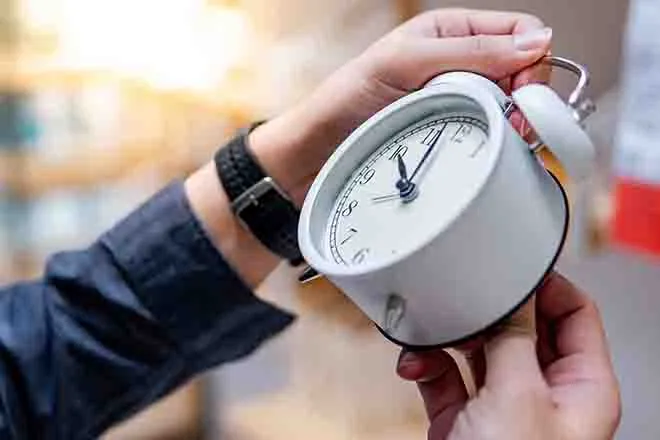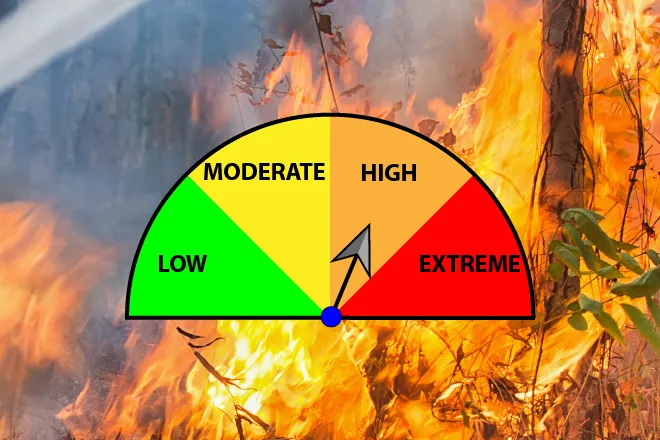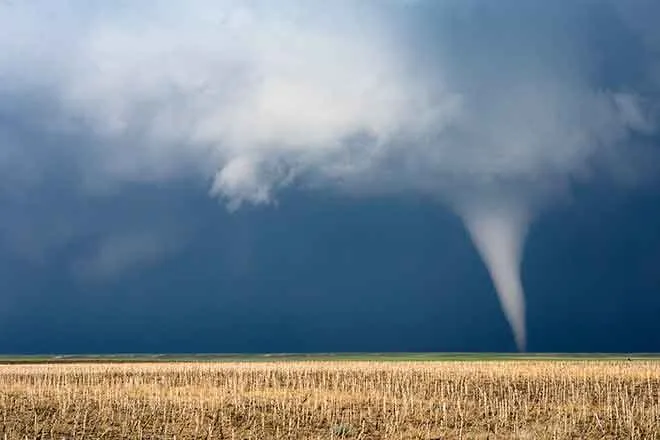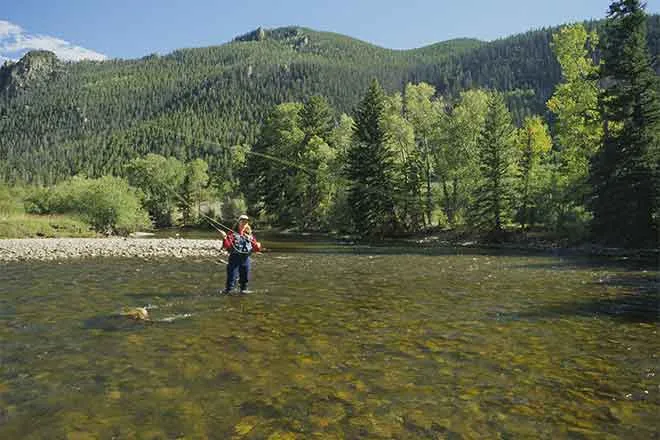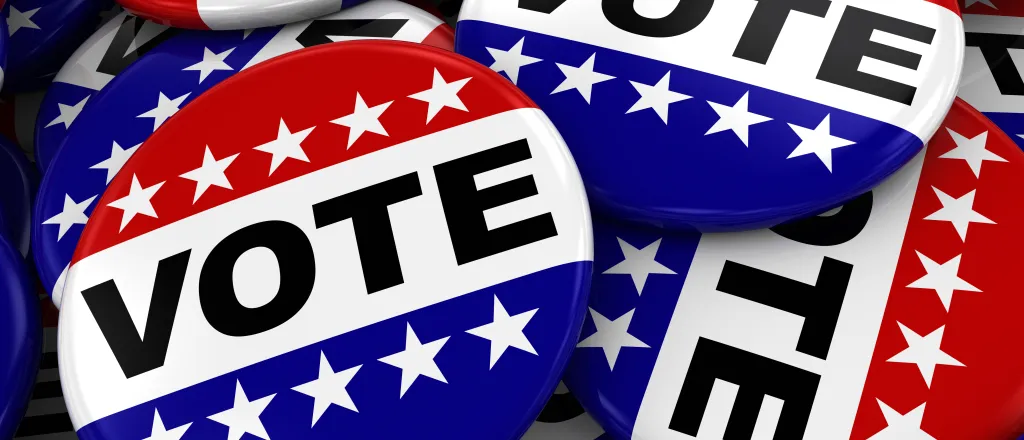
Group behind national popular vote says recent court ruling doesn’t affect effort
© iStock
By Derek Draplin | The Center Square
The group behind the national popular vote effort says a recent federal appeals court ruling doesn’t affect the compact that’s been made law in several states.
The U.S. Court of Appeals for the 10th Circuit ruled last week in Baca vs. Colorado Department of State that the state’s actions in removing and replacing one of the state’s nine electors in the 2016 presidential election was unconstitutional.
The ruling means that electors can vote for whichever candidate they choose, and several state laws requiring electors to vote a certain way could be in jeopardy if the U.S. Supreme Court reviews the case.
The ruling also raised questions about national popular vote laws that several states, including Colorado, have passed.
“The decision does not affect the operation of the National Popular Vote interstate compact, because the compact does not rely on the state laws that purport to require presidential electors to vote a certain way,” National Popular Vote Inc. Chairman Dr. John Koza said in a statement. “The compact does not try to tell presidential electors to vote a certain way.”
The case involved “faithless” elector Micheal Baca, who refused to cast his vote for Hillary Clinton in the 2016 presidential election, the candidate who won the popular vote in Colorado. Baca was later removed and replaced with an elector who backed Clinton.
Colorado’s national popular vote law requires the state’s nine electoral votes to be cast for the presidential candidate who wins the national popular vote, but the compact only takes effect when enough states join it to total at least 270 electoral votes, the number needed to win the presidency.
Koza said the compact actually operates the same way several states already operate, and thus states that have joined the national popular vote compact aren’t impacted by the ruling.
“The National Popular Vote Compact would operate in a manner identical to the system that has been used for over 200 years in the 24 or so states that do not have laws requiring presidential electors to vote a certain way,” he said. “In these 24 states (which currently use the state-by-state winner-take-all method of awarding electoral votes), the presidential electors are the persons nominated by the political party whose presidential candidate receives the most popular votes inside the state."
“The National Popular Vote Compact would operate in an almost identical way, namely the presidential electors would be the persons nominated by the political party whose presidential candidate receives the most popular votes in all 50 states and the District of Columbia,” Koza added.
Colorado Secretary of State Jena Griswold criticized the ruling in a statement last week, saying it “sets a dangerous precedent.”
Griswold’s office did not respond to questions about the state’s national popular vote in the wake of the appeals court ruling.
Colorado has joined 14 other states and the District of Columbia is joining the national popular vote compact.

